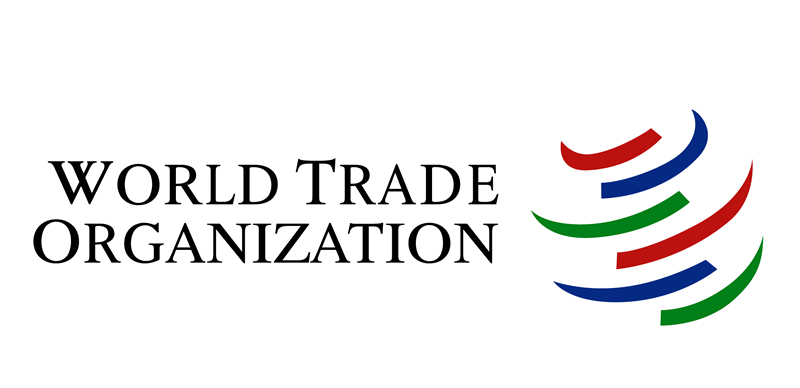The joint initiative by the Asian Development Bank (ADB) and the World Trade Organisation (WTO) Secretariat to launch the Trade in Critical Minerals (TiCM) database marks a significant step towards fostering transparency and informed decision-making in the global trade of critical minerals. These minerals, including lithium, cobalt, rare earth elements, and graphite, are indispensable for the clean energy transition, playing a crucial role in the manufacturing of batteries, wind turbines, electric vehicles, and other technologies essential for decarbonizing the global economy. The TiCM database aims to provide policymakers, researchers, and various stakeholders with comprehensive insights into the complex landscape of critical mineral trade, enabling a deeper understanding of trade flows, tariff structures, and relevant policies. This enhanced transparency is crucial for navigating the challenges and opportunities associated with the increasing global demand for these resources.
The TiCM database addresses the growing need for reliable data on critical minerals trade, which has become increasingly vital as countries strive to meet their climate goals. The demand for these minerals is projected to surge significantly in the coming decades as the world transitions towards cleaner energy sources. This rising demand requires a corresponding increase in the production and trade of these minerals, necessitating a transparent and efficient global trade system to ensure equitable access and prevent supply chain disruptions. The database offers a centralized platform for accessing crucial information, enabling informed policy formulation, strategic investment decisions, and effective international collaboration.
The TiCM database compiles and synthesizes data from various publicly available sources, including the WTO’s Analytical Databases, Trade Monitoring Database, and ePing trade measures platform. This integration of information from diverse sources provides a comprehensive overview of the critical minerals market. Users can access and analyze data visualizations such as bar charts, tree maps, and network graphs to gain insights into trade networks, specialization patterns among countries, and the dynamics between trading partners. This user-friendly interface facilitates a deeper understanding of the complex interrelationships within the critical minerals value chain.
The initiative underscores the crucial role of critical minerals in achieving global climate objectives, particularly the goals of tripling renewable energy capacity and doubling energy efficiency by 2030. These ambitious targets necessitate a secure and sustainable supply of critical minerals. The TiCM database contributes to this objective by offering a valuable tool for policymakers to identify potential bottlenecks, anticipate supply chain disruptions, and formulate policies that promote sustainable and resilient supply chains. By fostering greater transparency and data sharing, the database aims to contribute to the development of inclusive and sustainable critical mineral markets.
The ADB and WTO emphasize the importance of transparent trade policies in ensuring equitable access to these essential resources. The TiCM database helps address potential trade barriers and promotes a level playing field for all stakeholders. By providing access to comprehensive trade data, the database facilitates informed policy dialogues and negotiations, enabling governments to develop trade policies that support the sustainable development of the critical minerals sector while minimizing potential negative impacts on the environment and local communities.
The launch of the TiCM database signifies the commitment of both the ADB and the WTO Secretariat to supporting a greener and more sustainable future. By bridging existing data gaps, the database is poised to serve as a vital resource for governments, industries, and international organizations navigating the complexities of critical minerals trade. This initiative is a concrete step towards building a more transparent, resilient, and sustainable global trade system for critical minerals, supporting the global transition to a low-carbon economy and contributing to the achievement of international climate goals. The database empowers stakeholders with the necessary information to make informed decisions, fostering collaboration, and promoting responsible sourcing and trade practices within the critical minerals sector. This collective effort is crucial for ensuring a stable and sustainable supply of these essential resources, paving the way for a cleaner and more secure energy future.














